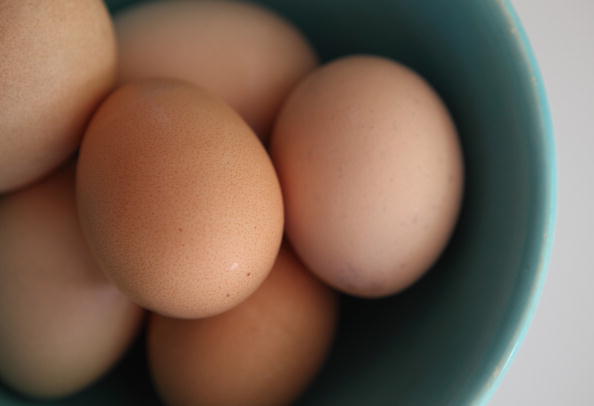3 Sleep Strategies To Prepare For The Time Change So You Feel Better
Brace yourself. It’s coming. I’m talking about the dreaded “fall back.” The weekend of November 4th and 5th is when we make the switch from Daylight Saving Time to Daylight Standard Time. Sure, getting an extra hour of sleep is great but most people hate going through the time change twice a year, especially parents.
According to BabyCenter, nearly 70% of moms want the time changes to stop. Most (55%) say Daylight Saving Time should be permanent, while 14% would prefer Standard Time. Why? Their kids! It takes three or more days for most children under 5 years old (55%) to adjust to a time change. Only 31% of parents support keeping things the same as they are now.
Of course, it’s not just kids who struggle with this. More than a third of parents say they also experience grumpiness, exhaustion, and disruptions to their bedtime and awakening following a time change. So what can we do about it? Well, short of getting Congress to enact a law abolishing this outdated practice, we have to get ahead of the problem ourselves.
How to Adjust to the Time Change
Today asked some sleep experts for their tips on how to best prepare for the time change. Luckily, there are a few things you can do to ease into the transition and keep your body clock from going too off-kilter. Here are three strategies to try:
- Four days before the time change: With this four-day plan, you’ll shift your bedtimes and wake times by 15 minutes each day. If your original bed time is 11 p.m. and your wake time is 7:00 a.m., go to bed at 11:15 p.m. four days before the time change, and plan to wake at 7:15 a.m. Three days before, go to bed at 11:30 and wake at 7:30; two days before, sleep at 11:45 and wake at 7:45.
- Two days before: This two-day plan is even more simple and supposedly still effective. If you typically go to bed at 11:00 p.m. and your wake time is usually 7:00 a.m., try staying up until 11:30 p.m. on Saturday, November 4th, and sleep in until 7:00 a.m. on Sunday, November 5th. That extra 30 minutes of sleep should help for a quicker adjustment.
- The night before: This could work if you’re already an early riser. Go to bed on Saturday, November 4th at 11:00 p.m. and wake up on Sunday, November 5th at 6:00 a.m., instead of your regular 7:00 a.m. time.
Hopefully, one of those options will help you so that Monday morning doesn’t hurt as much. Remember, Daylight Saving Time officially ends at 2:00 a.m. on Sunday, November 5th, so set your clocks back one hour before you go to sleep on the night of Saturday, November 4th. It’s also a good time to replace the batteries in your smoke and carbon monoxide detectors.







